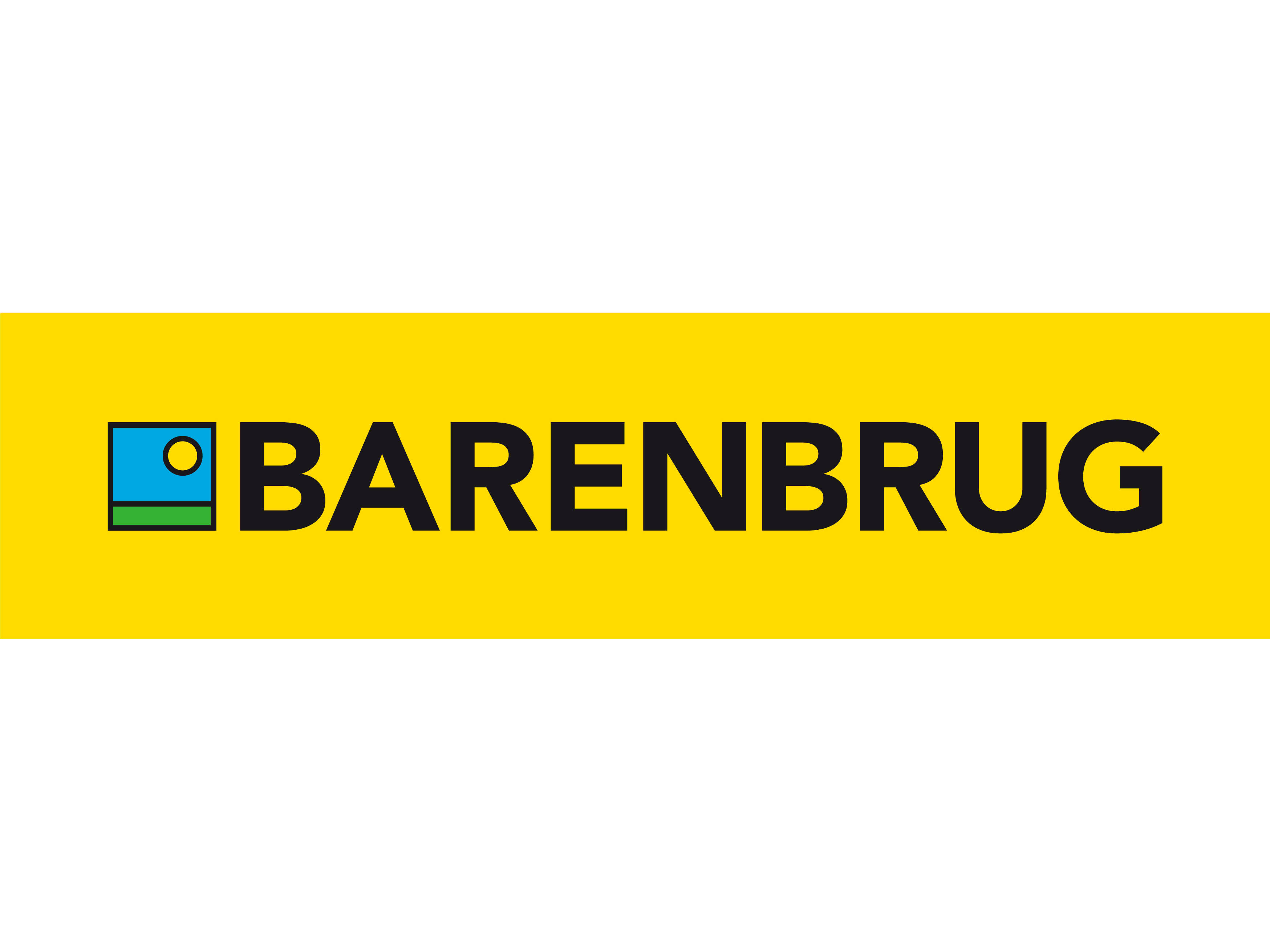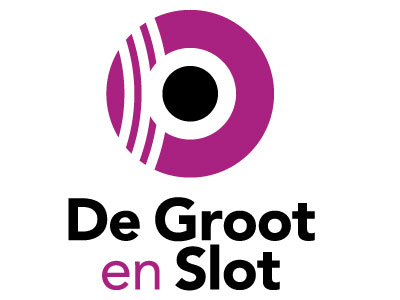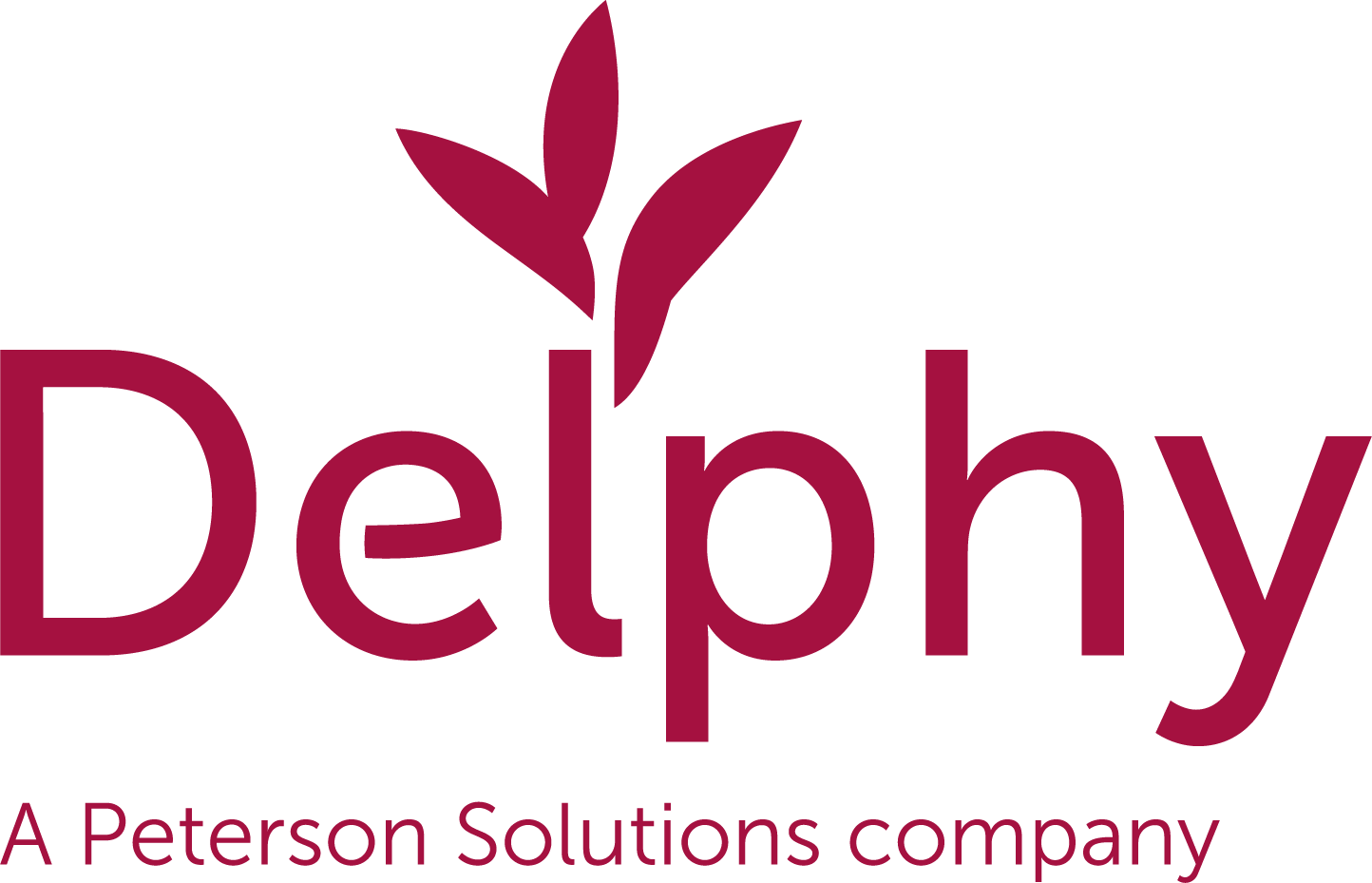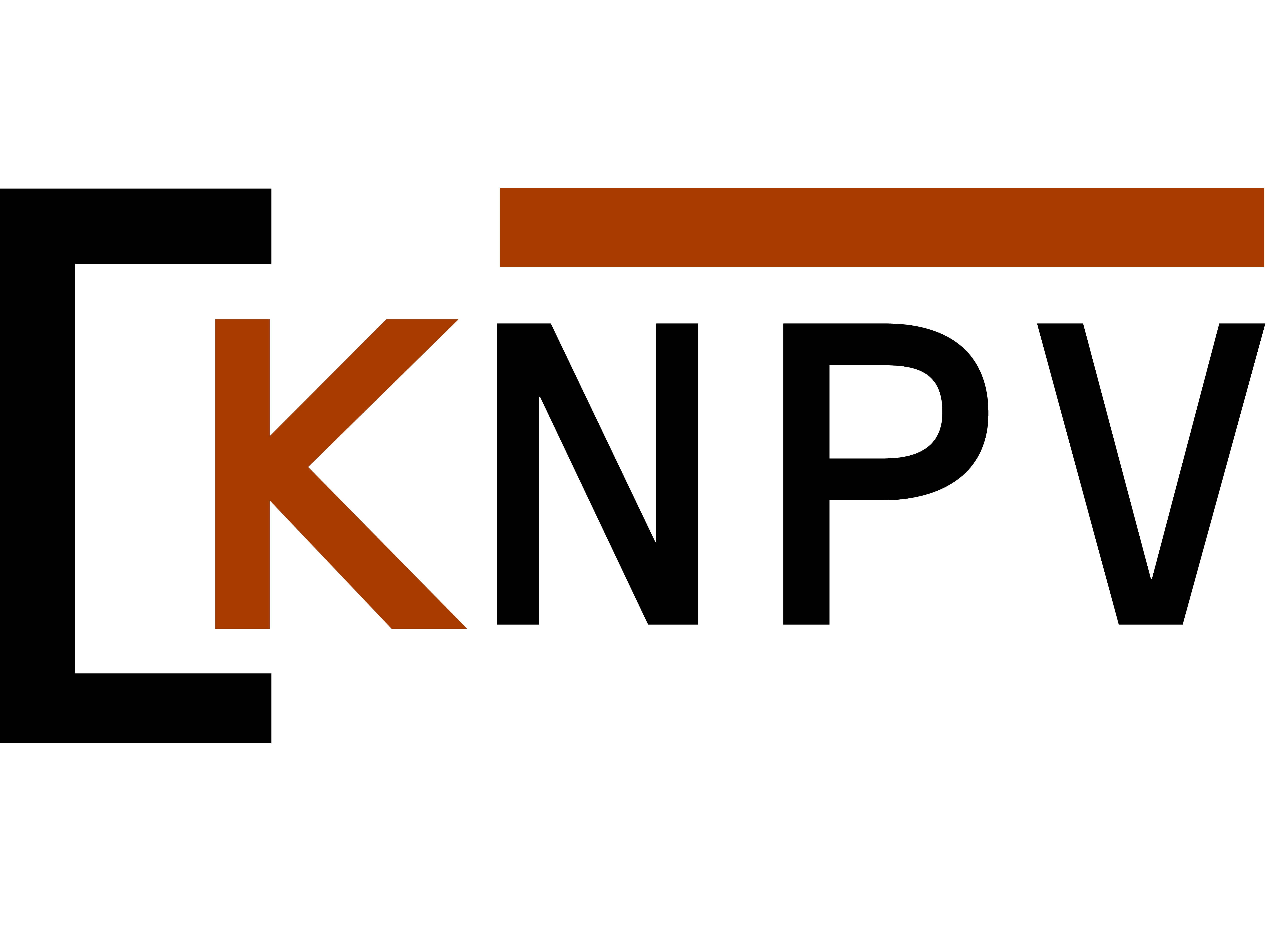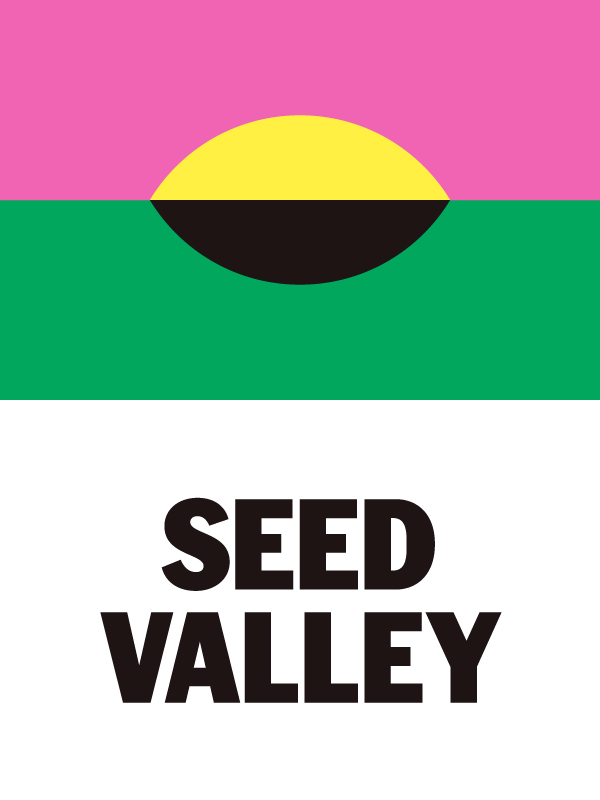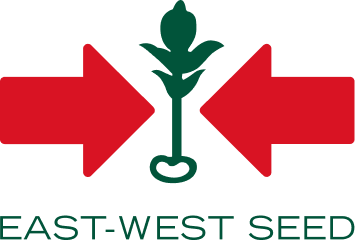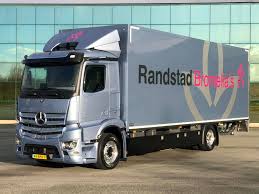Studies
The broad domain of Plant Sciences is covered at Wageningen University and Research by a bachelor programme and three connected master's programmes.
BSc Plant Sciences
In biology, plants are of global interest. The next few years the world population will grow to 9 billion, and everyone must have access to sufficient and healthy food. At the same time we have to carefully deal with natural resources and climate change. One thing is certain: plants are essential as a source of oxygen, food and a pleasant environment. Plant Sciences is the only university bachelor in Life Sciences in the Netherlands with specific focus on plants in combination with health, technology and research!
MSc Plant Sciences
Plant Sciences is linked to a sector that is important to the global economy. The main focus is on all aspects of crop production, ranging from plant breeding and crop cultivation to the production of food, pharmaceuticals and biobased products. The Plant Sciences master is designed to help meet the worldwide demand for scientific expertise to develop sustainable plant and crop production and farming systems. It not only covers the technological aspects of crop production, but also deals with bio-interactions, soil-plant relations and environmental aspects.
MSc Plant Biotechnology
Due to rapid technological development in plant molecular biology, genomics and bioinformatics, the use of molecular marker technology has accelerated the selection of new plant varieties with many favourable traits. Plant Biotechnology focuses on the principles of the plant sciences and molecular biology as well as the integration of these disciplines, to develop healthy plants for food, non-food and health applications. The programme combines technology with the most important environmental, ethical, and socio-economic aspects.
MSc Resilient Farming and Food Systems
In Resilient Farming & Food Systems natural science and social science perspectives are combined to study agroecological principles and processes. Creative thinking is required to design new sustainable food systems instead of simply optimising existing systems. The programme provides a balance between fundamental and applied science and has an international character which uses case-studies and offers project opportunities worldwide.



